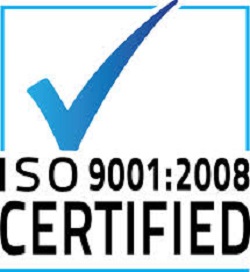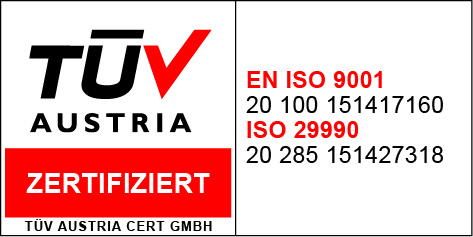


_______ |
|
_______ |
|
|
total |
_______ |
total |
_______ |
Subtract your liabilities from your assets. If your assets are larger than your liabilities, you
have a “positive” net worth. If your liabilities are greater than your assets, you have a “negative” net worth.
You’ll want to update your “net worth statement” every year to keep track of how you are doing. Don’t be
discouraged if you have a negative net worth. If you follow a plan to get into a positive position, you’re doing
the right thing.
KNOW YOUR INCOME AND EXPENSESThe next step is to keep track of your income and your expenses for every month. Write down what you and others in your family earn, and then your monthly expenses. Include a category for savings and investing. What are you paying yourself every month? Many people get into the habit of saving and investing by following this advice: always pay yourself or your family first. Many people find it easier to pay themselves first if they allow their bank to automatically remove money from their paycheck and deposit it into a savings or investment account. Likely even better, for tax purposes, is to participate in an employer sponsored retirement plan such as a 401(k), 403(b), or 457(b). These plans will typically not only automatically deduct money from your paycheck, but will immediately reduce the taxes you are paying. Additionally, in many plans the employer matches some or all of your contribution. When your employer does that, it’s offering “free money.” Any time you have automatic deductions made from your paycheck or bank account, you’ll increase the chances of being able to stick to your plan and to realize your goals. “But I Spend Everything I Make.” If you are spending all your income, and never have money to save or invest, you’ll need to look for ways to cut back on your expenses. When you watch where you spend your money, you will be surprised how small everyday expenses that you can do without add up over a year.
|
| ||||||||||||||||








